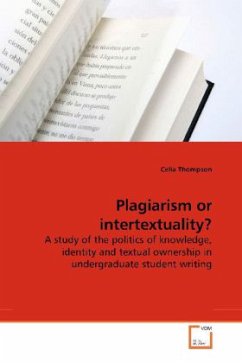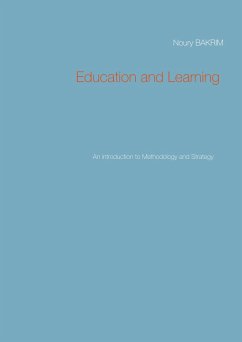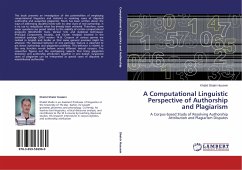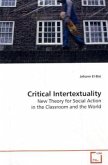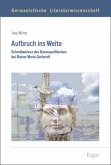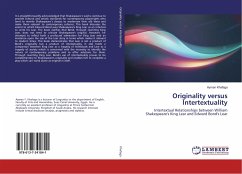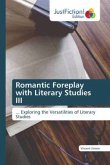Interest in plagiarism continues to generate debate in the academy, yet little or no attention is given to questions concerning writer authority, authorial identity or common knowledge: issues that are central to our understanding of the processes involved in the use of source materials in the construction of academic texts. This study investigated the ways in which ten university undergraduates from diverse cultural and disciplinary backgrounds used the words and ideas of others in their written research-based assignments. The responses of ten academic staff to these students writing practices were also explored. The study revealed that students were confused by unified and autonomous notions of textual ownership and originality that failed to conceptualise authorial identity as sociohistorically constructed and multi-voiced. The study concludes that as educators, we need to recognise the political nature of text/knowledge production and writer identity and recommends a dialogic approach to pedagogy, which allows for textual ownership and authority to be circulated and negotiated between students and their lecturers.
Bitte wählen Sie Ihr Anliegen aus.
Rechnungen
Retourenschein anfordern
Bestellstatus
Storno

